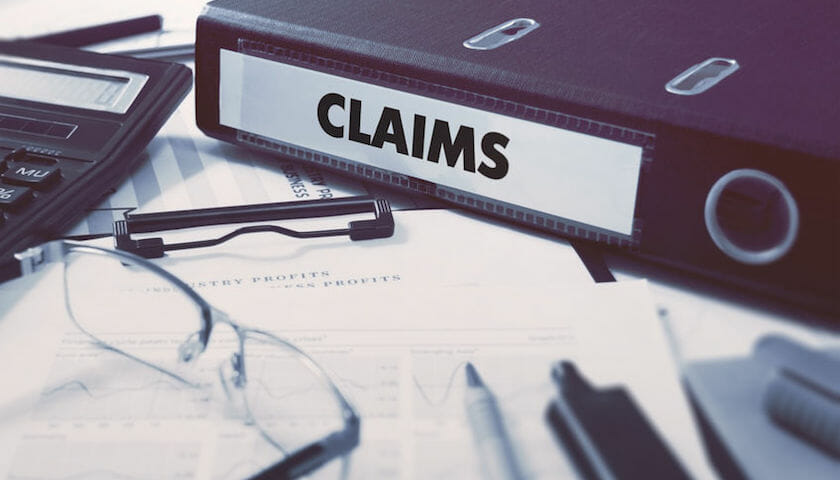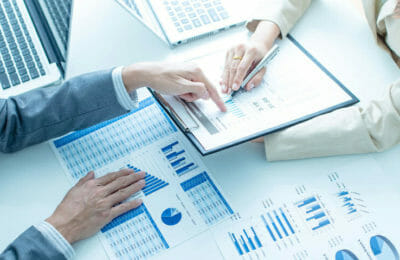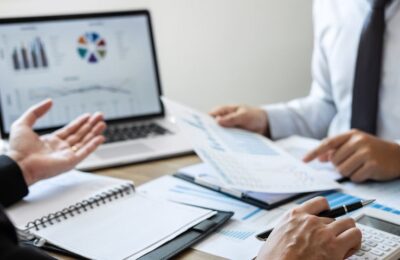Make sure you’re not missing out on unclaimed capital allowances
One of the first things you should know about Capital Allowances is what you can claim on? We explain below what qualifies for Capital Allowances, along with some other things we think you should know.
What can you claim?
A business can claim a capital allowance on most assets bought for use in the business, from machinery, to building renovations. The cost of the asset can be deducted from your profit before tax. You can also claim for research costs.
There is a full list of what can be claimed on GOV.UK
You can only claim for items in residential property if your business qualifies as a furnished holiday lettings business. If a property is available for holiday letting for 210 days each year and is let for more than 105 days, you should consider claims for Capital Allowances.
Some assets attract 100% first year allowance
With all eyes on sustainability and looking after our planet, being encouraged to buy equipment that’s better for the environment makes sense.
For certain purchases, such as cars with low CO2 emissions, you can deduct the full cost before tax. You can also include purchases such as water saving taps or toilets, new zero-emission goods vehicles or biogas boilers.
Capital Allowances can be complex, so it’s always best to consult with a good accountant. There may be items that you can claim, which aren’t instantly identifiable.
Many businesses are missing significant savings by not claiming capital allowances
Capital Allowances is a valuable tax relief, but it can be complex. Running a business doesn’t leave you much time to look into the complexities of this tax relief. Our research shows that 96% of UK businesses are missing the opportunity to claim their full entitlement to Capital Allowances tax relief on their buildings.
With tax laws being tweaked and updated, it can be confusing, so often businesses err on the side of caution and leave purchases out.
You can claim for Capital Allowances on Buildings
When a business or business owner purchases a commercial building it will usually come with a variety of existing fixtures, fittings and equipment attached on which capital allowances should be claimed. Solicitors will often fail to point this out leaving it to the client or his accountant to carry out a survey and calculate and submit a claim. At THP we have come across many situations where this has not been done and have created an area on our website to explain this in more detail. This section can be found here.
If you think this may apply to you, please get in touch immediately as you could be due a substantial windfall from a retrospective claim.
You can claim for items used partially for business
If you’re a sole trader or a partner you may have bought a laptop for £1,000. You plan to use it for work, but will also use it for personal use. If you use it 60% of the time for your business, you can claim on £600 (60% of the total cost).
It’s possible to claim for purchases going back several years
One misconception about Capital Allowances is that the claim needs to be made the year of purchase. This isn’t always the case though. Where building costs are concerned, as long as the items within it are still in use, it may be possible to claim tax relief for expenditure dating back to when the property was first purchased.
There is a limit to the amount you can claim
The amount you can claim annually for Capital Allowances is capped at £1m.
Getting more information
Capital Allowances can be confusing. It’s worth spending some time or investing in expert advice, as the savings could be well worth it.
If you’re a sole trader or partner and are wondering if all this still applies to you, there is another system called Cash Basis. If you have an income of £150,000 or less a year, talk to you accountant to get more information.
For more practical advice and business insights, you can follow us on Twitter and LinkedIn.
About Karen Jones
Having worked for one of the world’s largest accountancy firms, Karen Jones uses her tax knowledge and skills to help clients obtain substantial reductions to their tax liabilities.
With an expanding portfolio of tax clients, Karen enjoys the variety her work brings her and particularly likes working with new businesses and people. With a growing number of tax clients, she frequently faces a variety of challenges and relishes the experience she gains as she solves them.
Karen likes the THP ethos: “I like the way the team has a professional, but friendly and down-to-earth approach – it creates a productive atmosphere that benefits everyone.”
Karen’s specialist skills:
- Personal Taxation
- Tax Efficient Planning
- Trust Administration












